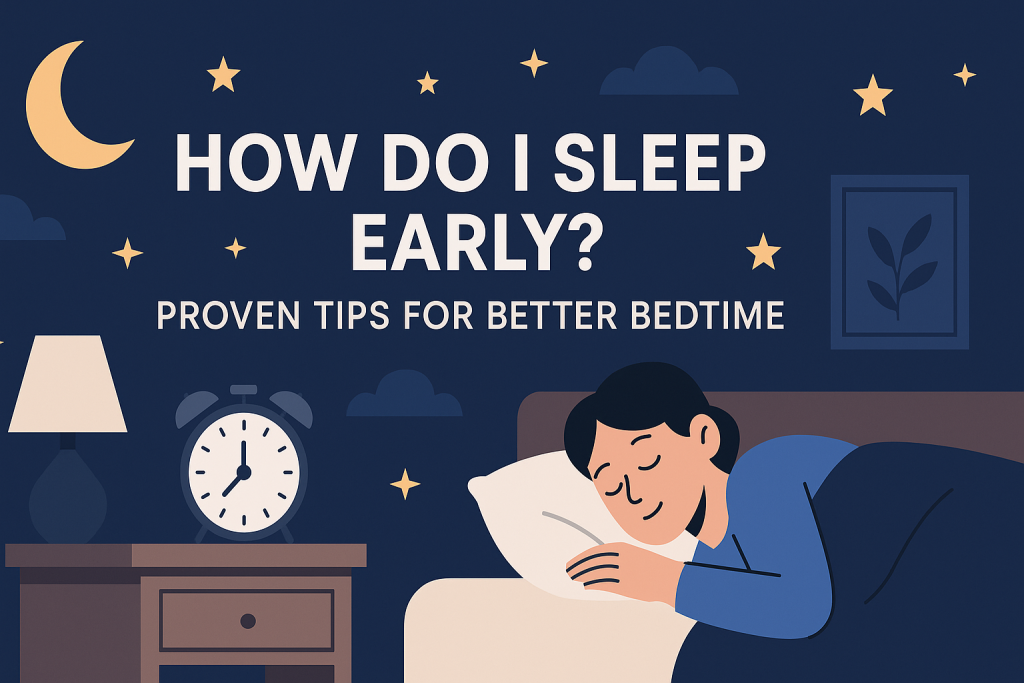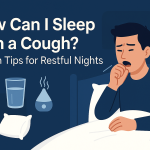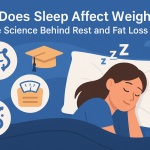Do you struggle to fall asleep early or find yourself lying awake long after bedtime? You’re not alone. Millions of people ask, “How do I sleep early?” every day, seeking solutions to improve their sleep schedule, health, and overall well-being. In this detailed guide, we’ll explore scientifically backed strategies, practical tips, and actionable steps to help you fall asleep earlier and wake up feeling refreshed.
Why Sleeping Early Matters
Before diving into actionable tips, it’s important to understand why sleeping early is beneficial. Early bedtime is linked to:
- Improved cognitive function: Your brain consolidates memories and processes information during sleep.
- Better emotional regulation: Quality sleep helps manage stress and reduces irritability.
- Physical health: Sleep lowers the risk of chronic illnesses, boosts immunity, and supports weight management.
- Enhanced productivity: Early risers often experience increased energy and focus during the day.
Understanding Your Sleep Cycle
Adults typically need 7-9 hours of sleep per night. Your body operates on a natural rhythm called the circadian rhythm. Disruptions in this cycle, such as going to bed late, can make it difficult to fall asleep early and wake up refreshed. Understanding and respecting your circadian rhythm is the first step to adjusting your sleep patterns.
Common Barriers to Sleeping Early
- Stress and anxiety can keep your mind active.
- Late-night technology use exposes you to blue light, which delays melatonin production.
- Caffeine and heavy meals late in the day interfere with sleep readiness.
- Inconsistent sleep schedules confuse your internal clock.
Proven Strategies to Sleep Early
Implementing healthy sleep habits takes time and consistency. Here are proven steps to help you transition to an earlier bedtime:
1. Set a Consistent Schedule
Go to bed and wake up at the same time every day, including weekends. This helps synchronize your body’s internal clock, making it easier to fall asleep early over time.
2. Create a Calming Bedtime Routine
Engage in relaxing activities 30-60 minutes before bed. This signals your body that it’s time to wind down. Try:
- Reading a physical book
- Gentle stretches or yoga
- Meditation or deep breathing exercises
- Taking a warm bath or shower
3. Limit Screen Time Before Bed
Electronic devices emit blue light, which inhibits melatonin—a hormone crucial for sleep. Switch off phones, TVs, and computers at least an hour before bedtime. If you must use devices, consider blue light filters or glasses.
4. Create an Optimal Sleep Environment
The quality of your bedroom can greatly impact your ability to sleep early. Aim for:
- Cool temperature: Around 60-67°F (15-19°C) is ideal.
- Darkness: Use blackout curtains or an eye mask to block light.
- Quiet: Try earplugs or a white noise machine to reduce disturbances.
- Comfortable bedding: Invest in a supportive mattress and pillows.
5. Watch What You Eat and Drink
- Avoid caffeine after mid-afternoon, as its effects can linger for hours.
- Limit alcohol which can disrupt sleep cycles, despite making you drowsy initially.
- Skip heavy meals late at night, opting for light snacks if needed.
6. Get Daylight Exposure
Natural light helps regulate your circadian rhythm. Spend time outdoors during the day—or open curtains in the morning—to cue your body for alertness during the day and sleepiness at night.
7. Exercise—But Not Too Late
Regular physical activity promotes better sleep, but vigorous exercise right before bed may keep you awake. Aim to finish workouts at least 2-3 hours before bedtime.
Breaking Bad Habits: Overcoming Challenges
Trouble Falling Asleep Early?
If you find yourself lying awake, try these tips:
- Don’t force sleep: Get out of bed and do a quiet activity if you can’t sleep within 20 minutes.
- Practice relaxation: Progressive muscle relaxation or visualization exercises can calm a racing mind.
- Avoid looking at the clock: Clock-watching increases anxiety about missed sleep.
Gradual Adjustments Work Best
If you’re used to sleeping late, shift your bedtime gradually—by 15 to 30 minutes earlier every few days—until you reach your desired sleep time.
When to Seek Professional Help
If you consistently struggle to fall asleep early despite following good sleep hygiene, you may be experiencing a sleep disorder such as insomnia or delayed sleep phase syndrome. Consult a healthcare provider or sleep specialist to discuss persistent issues.
Frequently Asked Questions
- Q: How long does it take to adjust to a new sleep schedule?
- A: Usually, 1-2 weeks of consistency can reset your internal clock, but it varies by individual.
- Q: Can naps interfere with sleeping early?
- A: Yes, especially if they’re long or late in the day. Limit naps to 20-30 minutes before 3 p.m.
- Q: Are sleep aids safe?
- A: Occasional use of melatonin supplements may help, but consult with a doctor before regular use. Prescription sleep aids are only recommended for short-term use under supervision.
Conclusion: Consistency Is Key
Learning how to sleep early is a journey, not an overnight change. By making small, sustainable adjustments to your routines and environment, you’ll improve your chances of falling asleep earlier—and enjoying the many benefits of a good night’s sleep. Remember, consistency is the secret to lasting results. Sweet dreams!


